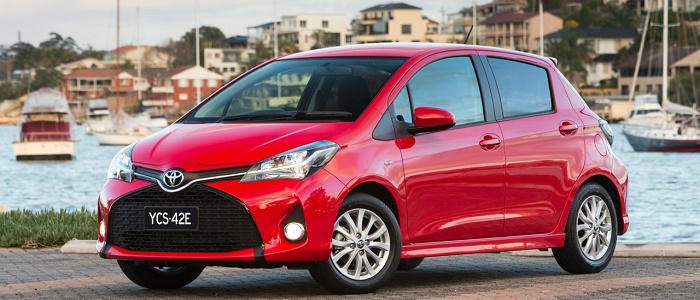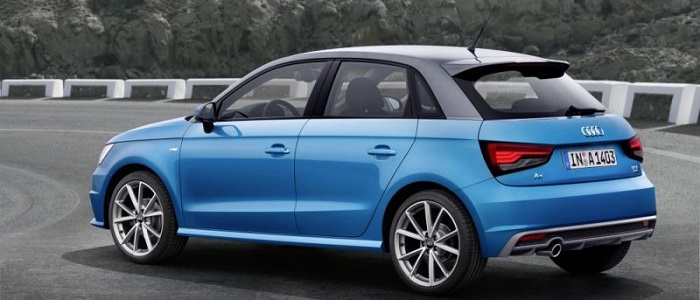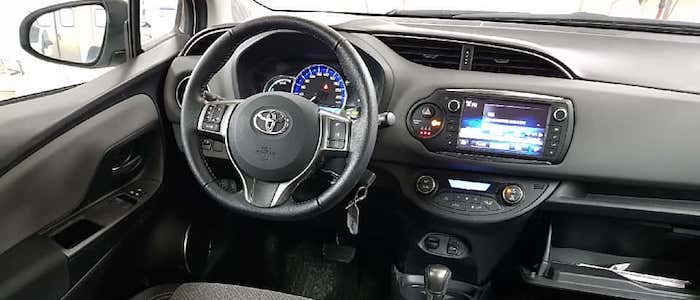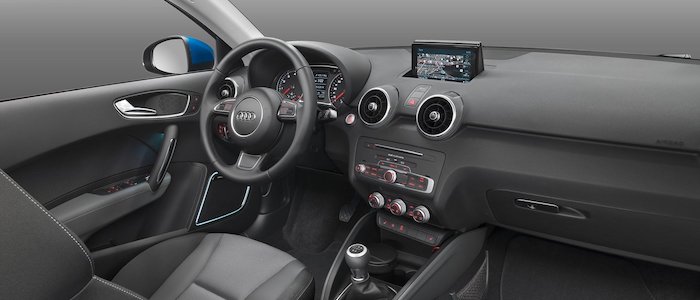Compare two cars
Compare any two cars and get our Virtual Adviser™ opinion
Dimensons & Outlines
Check vehicle history
Engine
Performance (manual gearbox)
Performance (automatic gearbox)
Expenses
Virtual Adviser's™ opinion
Well, these are two pretty similar cars we have here! It's only details that could potentially make the difference. Considering they both belong to the city car segment and utilize the same 5-door hatchback body style and the front wheel drive system, it all comes up to the specific diesel engine choice they offer. The first one has a Toyota-engineered powertrain under the hood, a 4-cylinder, 8-valves 90hp unit, while the other one gets its power and torque from a 3-cylinder, 12-valves 90hp engine designed by Volkswagen.
SafetyThe first thing to look into here would be the results from European New Car Assessment Programme (Euro NCAP) tests performed on the two cars. Good thing is that both vehicles got tested, with the same number of safety stars gained in the process. Still, apart from the official crash test results there are other things we need to be aware of. Both vehicles belong to the city car segment, which is generally not a very good thing safety-wise, still it doesn't help us solve our dilemma, does it? On the other hand, when it comes to weight, a factor that most people underestimate, the German car offers a considerable difference of 13% more metal.
ReliabilityManufacturers have been building their reliability reputation for decades now and, generally speaking, it appears that Toyota as a brand displays somewhat better results, all the models observed together. That's the official data, while our visitors describe reliability of Toyota with an average rating of 4.6, and models under the Audi badge with 4.2 out of 5. Unfortunatelly, I don't have enough insight that would allow me to comment in more details on the specific models level. Above it all, drivers of cars with the same engine as the Japanese car rank it on average as 4.8, while the one under the competitor's bonnet gets 4.2 out of 5.
Performance & Fuel economyToyota is a bit more agile, reaching 100km/h in 0.8 seconds less than its competitor. Still, it lacks the power to win the top speed competition, topping at 175 kilometers per hour, 7km/h less than the other car. When it comes to fuel economy things look pretty much the same for both cars, averaging around 3.7 liters of fuel per 100 kilometers (76 mpg), in combined cycle.
Verdict
Toyota appears just a bit more reliable, although the difference is truly marginal. The most important thing when deciding between any two vehicles should always be safety, both passive and active. In my opinion, everything taken into account, the German car offers significantly better overall protection, taking the lead here. When it comes to performance, both vehicles provide similar experience, so I wouldn't point any of them out. the German car still consumps less fuel, which needs to be taken into consideration. I believe that, when we take all into account, we have only one winner here - the Audi. Nevertheless, let's not forget that people have different preferences and needs, so what really counts is your personal feel. I'm only here to help. Also, you could use the oportunity to find out which car, everything taken into account, would be the perfect choice for you in the eyes of the virtual adviser™, among more than 12.000 different ones in our database.



































